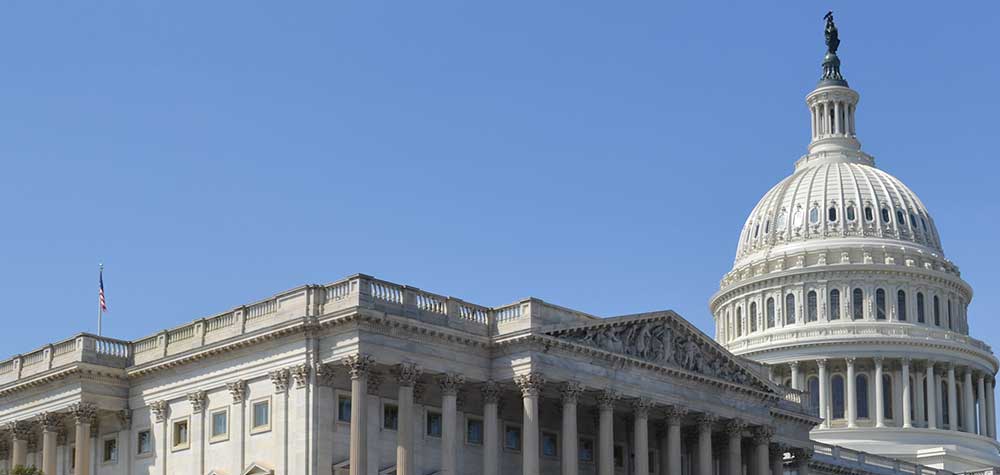TIBETAN POLICY AND SUPPORT ACT
The succession of the Dalai Lama will help decide the future of Tibet.
The Chinese government plans to appoint its own Dalai Lama once the current one—who’s now in his 80s—eventually passes away. But a new US law will help protect Tibetans’ right to select their own leaders.

The Tibetan Policy and Support Act of 2020 makes it official US policy that the Dalai Lama’s succession is a strictly religious issue that only he and his followers can decide on. If Chinese officials attempt to name a future Dalai Lama, they will face sanctions that could include having their assets frozen and their entry to the US denied. The State Department will also have to work with like-minded countries worldwide to push back against China’s outrageous plan to select the next Dalai Lama.
FOR THE DALAI LAMA:
Watch as ICT’s President Matteo Mecacci hand-delivers the text of the bill to the Dalai Lama in India

By appointing its own Dalai Lama, China hopes to increase its influence around the world. The current Dalai Lama has earned tremendous respect on every continent thanks to his tireless and peaceful advocacy for tolerance, dialogue and nonviolence in spite of Beijing’s attacks. By appointing its own Dalai Lama, the Chinese Communist Party (CCP) hopes to co-opt that legacy. We cannot allow this to go unpunished as it did when China imposed its own Panchen Lama in 1995. The future of Tibetan Buddhism belongs to Tibetan Buddhists and to the Dalai Lama, not to the CCP.

The Tibetan Policy and Support Act does much more to assist the Tibetan people. Recognizing the need for Americans to have reciprocal access to Tibet, the TPSA will prevent China from opening a new consulate in the US until a US consulate is allowed in Lhasa, Tibet’s historic capital city.

The legislation also strengthens the landmark Tibetan Policy Act of 2002, addresses the issue of water security and environmental destruction in Tibet, provides humanitarian assistance for Tibetans in Tibet and in exile, and pushes China to negotiate with the Dalai Lama and Tibetan leaders without preconditions.
The TPSA passed Congress on Dec. 21, 2020. The bipartisan bill was then signed into law a few days later, launching a new era in US support for Tibet and providing a new source of hope for Tibetans.
![]()
The succession of the Dalai Lama will help decide the future of Tibet.
The Chinese government plans to appoint its own Dalai Lama once the current one—who’s now in his 80s—eventually passes away. But a new US law will help protect Tibetans’ right to select their own leaders.
The Tibetan Policy and Support Act of 2020 makes it official US policy that the Dalai Lama’s succession is a strictly religious issue that only he and his followers can decide on. If Chinese officials attempt to name a future Dalai Lama, they will face sanctions that could include having their assets frozen and their entry to the US denied. The State Department will also have to work with like-minded countries worldwide to push back against China’s outrageous plan to select the next Dalai Lama.
FOR THE DALAI LAMA:
Watch as ICT’s President Matteo Mecacci hand-delivers the text of the bill to the Dalai Lama in India
By appointing its own Dalai Lama, China hopes to increase its influence around the world. The current Dalai Lama has earned tremendous respect on every continent thanks to his tireless and peaceful advocacy for tolerance, dialogue and nonviolence in spite of Beijing’s attacks. By appointing its own Dalai Lama, the Chinese Communist Party (CCP) hopes to co-opt that legacy. We cannot allow this to go unpunished as it did when China imposed its own Panchen Lama in 1995. The future of Tibetan Buddhism belongs to Tibetan Buddhists and to the Dalai Lama, not to the CCP.
The Tibetan Policy and Support Act does much more to assist the Tibetan people. Recognizing the need for Americans to have reciprocal access to Tibet, the TPSA will prevent China from opening a new consulate in the US until a US consulate is allowed in Lhasa, Tibet’s historic capital city.
The legislation also strengthens the landmark Tibetan Policy Act of 2002, addresses the issue of water security and environmental destruction in Tibet, provides humanitarian assistance for Tibetans in Tibet and in exile, and pushes China to negotiate with the Dalai Lama and Tibetan leaders without preconditions.
The TPSA passed Congress on Dec. 21, 2020. The bipartisan bill was then signed into law a few days later, launching a new era in US support for Tibet and providing a new source of hope for Tibetans.
![]()










